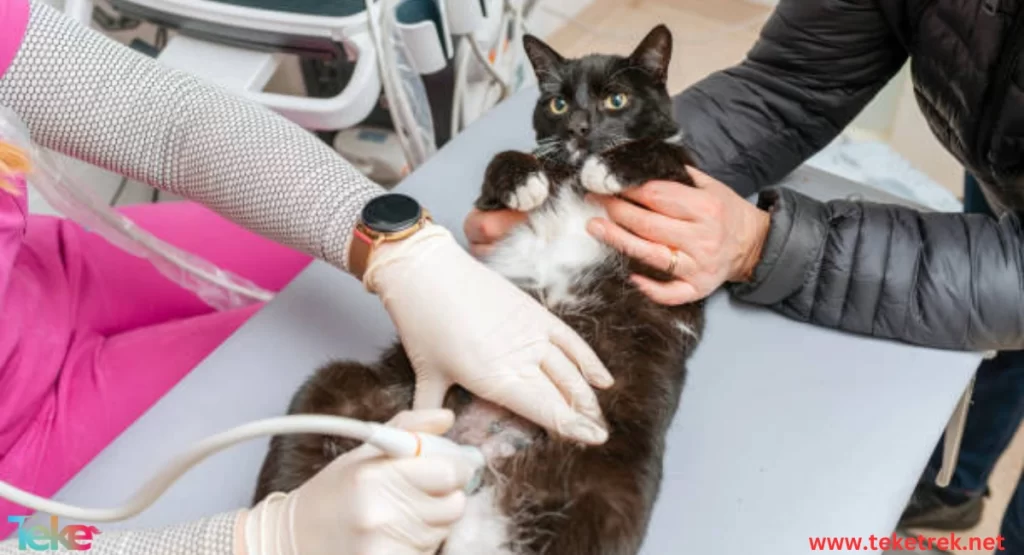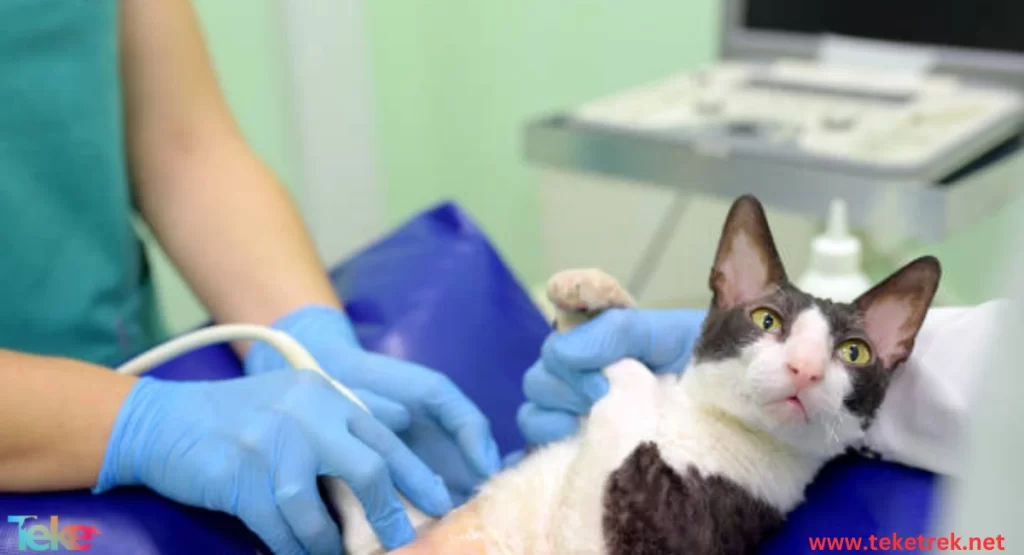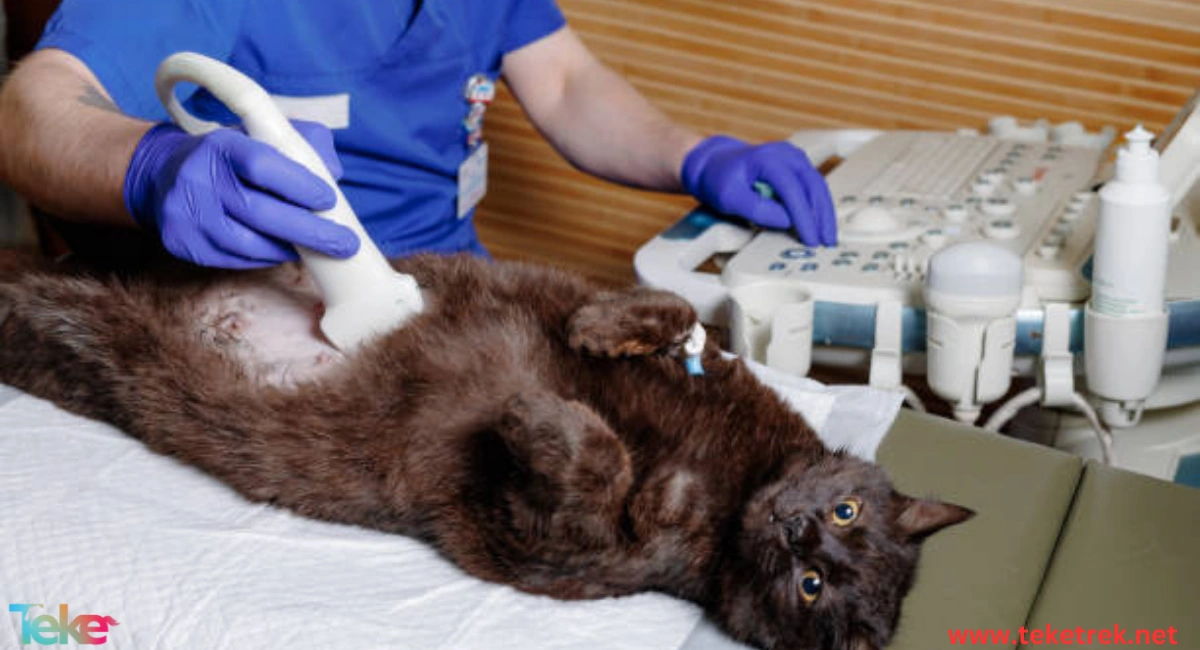Kidney disease in cats is one of the most prominent health problems that these pets suffer from, and it occupies a large part of the attention of their breeders, as it affects more than a third of long-lived and old cats.
The kidneys are one of the most important organs in the body of any being. They work to clean the bloodstream of waste and toxins. They also play an important role in producing hormones to manage the levels of salts and fluids in the body.
What are the most common kidney diseases that affect cats? What are its causes? How is it treated? What food is recommended to be given to cats with kidney disease? We will answer these questions and many others in this article from teketrek. Follow along with us.

Kidney disease in cats: the most important things you need to know
We must first point out that the older the cat, the more likely it is to be exposed to kidney health problems. It also leads to many cat deaths, so we will mention to you below the most prominent of these health problems, the most prominent of which is acute kidney disease that occurs suddenly and in All ages, as this is due to several reasons, the most prominent of which are:
Poisoning that may occur due to mercury, pesticides, or cleaning fluids.
Trauma resulting from a burst bladder or pelvic fractures.
Kidney infection caused by fungi or bacteria.
Kidney stones.
Kidney and ureter obstruction.
Sudden loss of fluids.
Liver failure.
Blood clotting disorders.
Congestive heart failure.
Signs of kidney failure in cats
Kidney failure is one of the most dangerous diseases that affect the lives of cats, and it occurs due to several factors, most notably aging and some harmful medications, in addition to diabetes and high blood pressure, knowing that kidney failure in cats appears gradually, so we will mention to you below its most prominent symptoms.
Frequent urination due to the kidneys’ inability to retain water.
Dry cat’s scalp.
Ask and drink plenty of water.
Lack of appetite and weight loss due to the effect of toxins accumulated in the cat’s body.
Bacterial infection that occurs in the kidneys and bladder.
Bloody or cloudy urine, diarrhea, and vomiting.
A brown color appears on the tongue.
Mouth ulcers on the tongue and gums.
Constipation.
Weakness and lethargy due to the inability to eliminate waste efficiently.
How to care for cats with kidney problems:
When your cat is exposed to kidney disease, you can provide it with the necessary care, which is represented by the following steps:
Conducting the necessary tests to avoid kidney damage, especially in elderly cats.
Provide abundant drinking water and place it throughout the house.
Add water to the cat’s food.
Following a special diet contributes to compensating for declining kidney functions.
Conducting the necessary examinations on an ongoing basis, while the veterinarian monitors the health of the cats.

The best foods for cats with kidney disease
It is worth noting that proper nutrition plays an important role in treating kidney disease in cats. It aims to maintain adequate nutrition, slow or modify the progression of kidney disease, control signs related to the accumulation of waste in the blood, in addition to alleviating problems associated with the balance of minerals and fluids, so we will put Below is a list that includes the most prominent of these foods:
Serve natural foods and avoid packaged and processed foods. You can choose fresh vegetables and real meat.
Focus on foods that are free of glucosoma because they help relieve pressure on the kidneys.
Foods rich in amino acids, such as pure poultry and fish.
Foods rich in calcium, such as red meat and marine fish.
Providing water from pure sources.
In conclusion, kidney disease in cats is one of the most prominent health problems that require careful attention and the need for early detection, because this leads to a Improvement in the quality of life of the affected animal.. All the breeder has to do is pay attention to periodic examinations and follow the recommendations of veterinarians related to nutrition and care. Health





